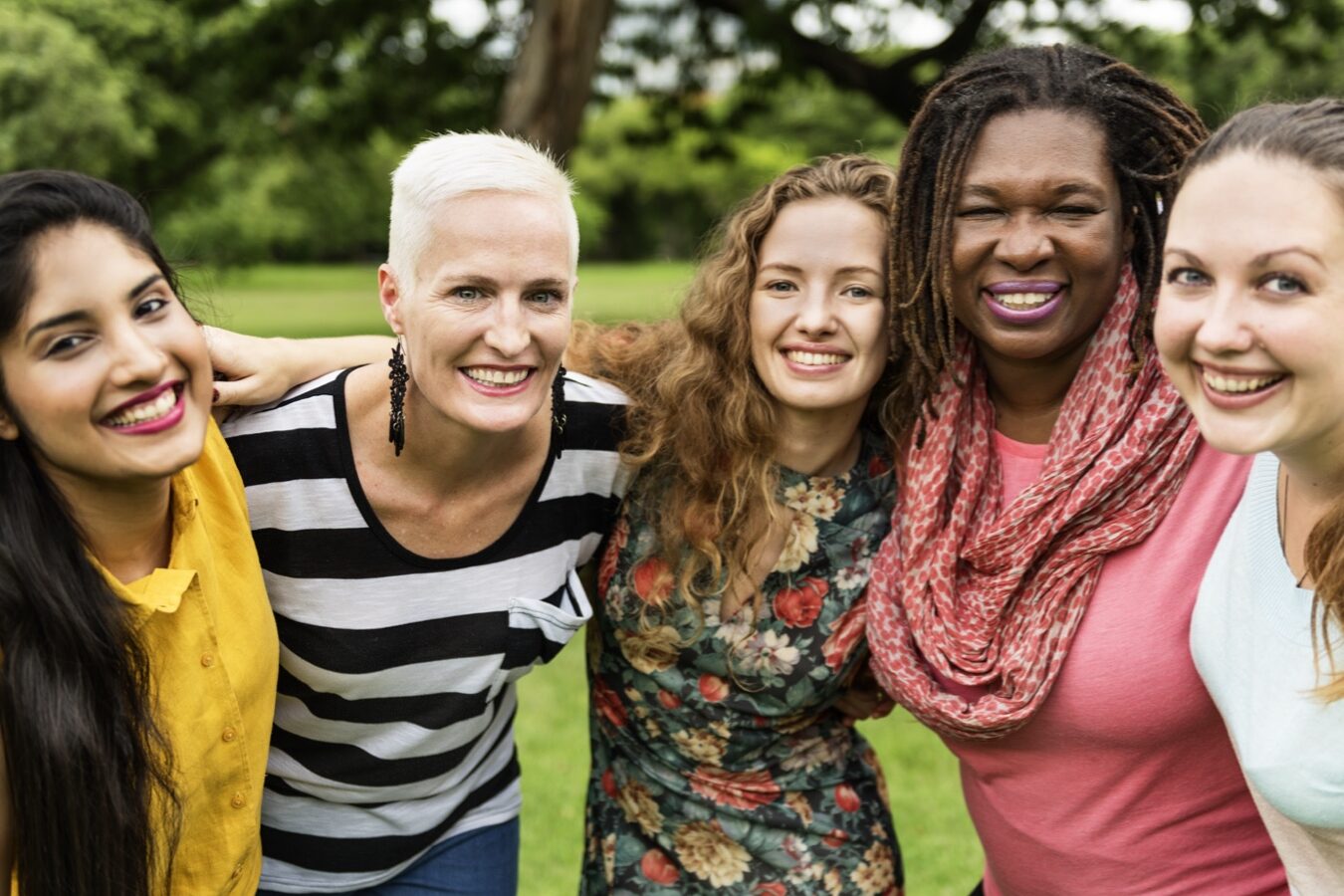Alan's Story
Alan lives in Shifnal with his wife Elsa. He was diagnosed with prostate cancer in February 2017.
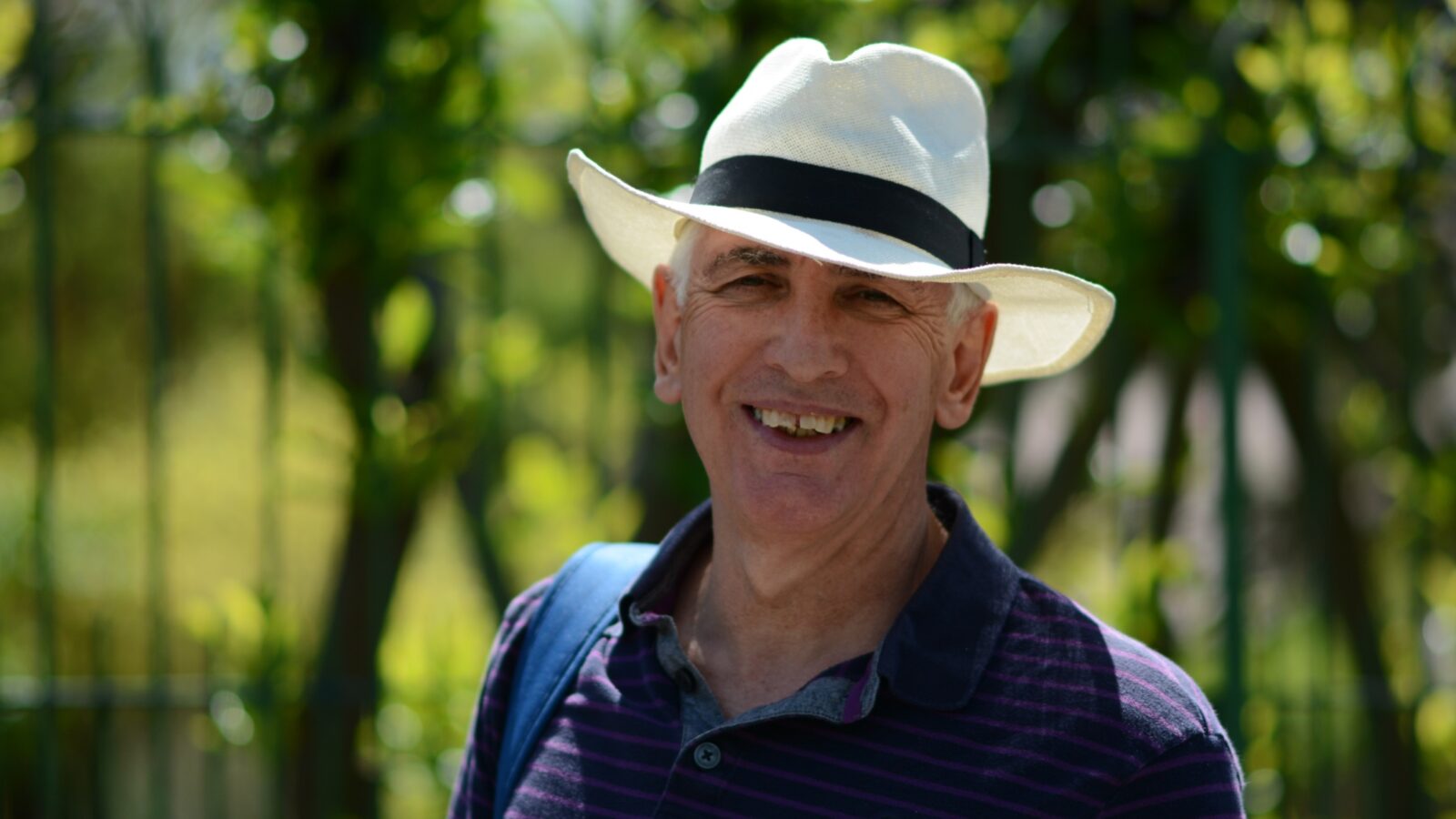
Why not join in one of our brilliant fundraising events? Find out what's coming up next here!
About 18 months ago my brother found he had raised PSA levels, and was diagnosed with prostate cancer. His radiotherapy treatment was successful and finished in January 2017. He kept telling me to get a PSA test too, just to be safe.
When my results came back very high, with a reading of 45*, I was sent for an MRI Scan and bone scan. My Gleason readings were also very high at that time. It was my first real contact with the team at the Royal Shrewsbury Hospital. All through the following months I was impressed at how well I was cared for. I was given the diagnosis by Sister Julia Cheetham who does her job so well -Sr Julia “shoots it from the hip” but does it with real compassion and that’s really impressive; certainly the best way for me.
So, the process started with a biopsy, which was unpleasant, but it’s a process I had to go through. It’s great that in the future our new MRI technology will make these easier for people as well as being more accurate.
The hardest part was the month-long wait for the results of the bone scan. Thankfully this was the first piece of good news I’d had, as they showed the cancer hadn’t spread, and my consultant Dr Srihari explained that I had a small, well-defined area of malignant cells. He was confident they could be targeted and treated. His colleague Sister Lisa Evans then took a lot of time and care explaining what the process would be and how it might affect me. It was good to know that Sister Lisa or one of the team was there to support me if I needed them.
I was put on Casodex and Zoladex; drugs that control hormone production and help to stop the tumour growing and even shrink it. They were aiming to lower my PSA score and get me ready for radiotherapy. The medication worked, but the cocktail of the two did give me some side effects. I came to recognise “Bad Tuesdays” after I’d had my Zoladex injections. I felt strange and woozy, but I just took it easy that day, safe in the knowledge that I would be OK the next day.
My PSA score quickly came down to under 1 within about three months, and I could then start radiotherapy. My treatment began on October 2nd, and would run until November 22nd. There’s a great team there, Bernadette [Mortiboy, Superintendent Radiographer at RSH] is smashing and her team are all very, very good.
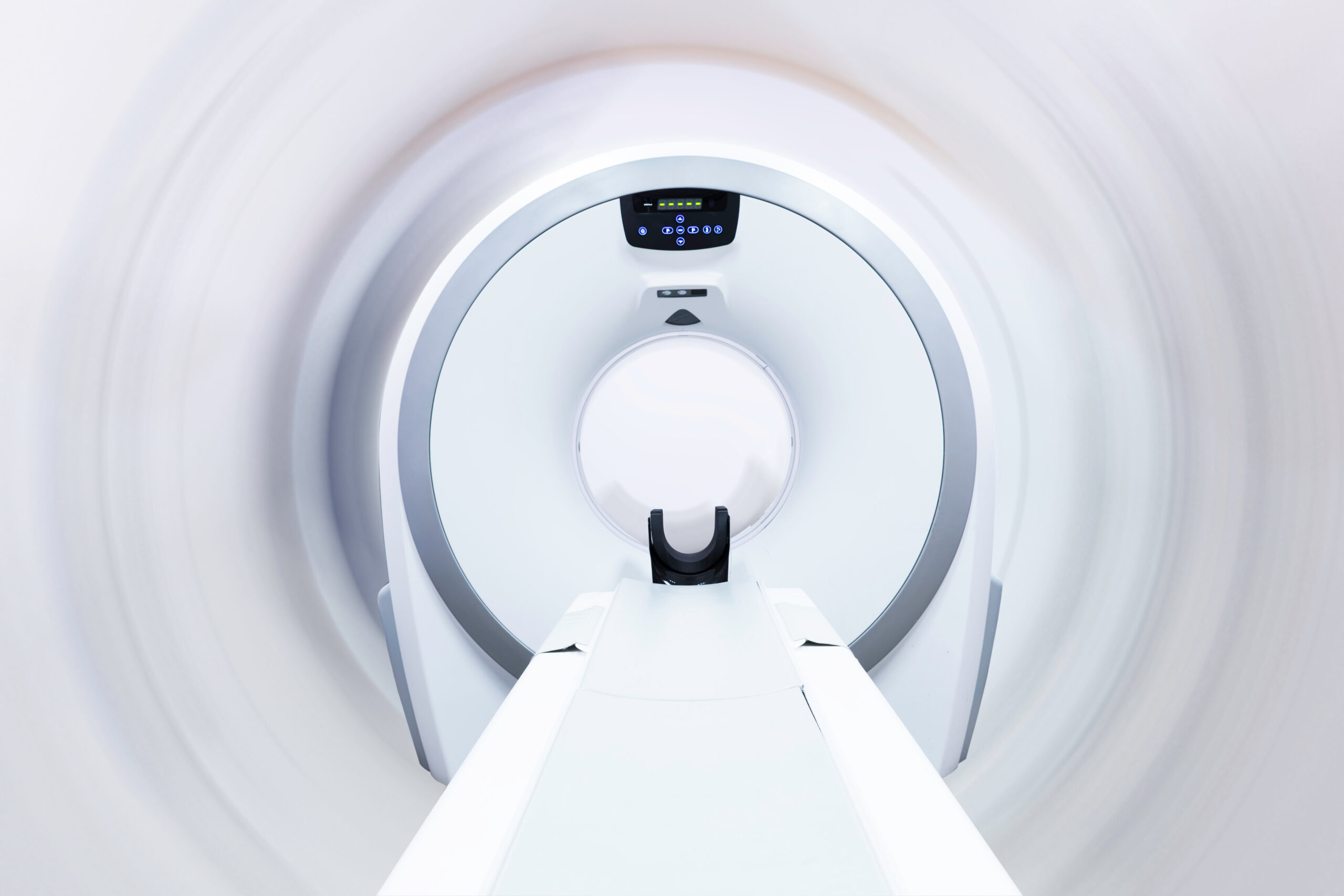
We had planned a holiday in the West Indies in November, to meet my daughter who lives in Vancouver. We had to postpone that, but my daughter Claire came over here for two weeks instead, and she and my wife Elsa came along with me every day for treatment.
When you’re going through this, your family, and particularly your partner, really worry. I was fortunate in that I had a good briefing from my brother about what I would go through, as he had been down the road 9 months ahead of me.
As you go through the treatment you get to know a lot of fellow patients- this has been a really positive thing for me. You start to realise who is new and who’s an old hand. The first time I was there I saw a lady who was wearing a bandana and clearly knew her way around. She spotted a guy who was clearly new, staring into the middle distance with his head down, and went over to him. She just asked “How are you doing?” then took his arm and said “Come on, I’ll show you around”. It’s so nice how people support each other.
People don’t always want to talk, but you do sometimes have some good conversations when you’re waiting for treatment [prostate patients need to drink some water and wait for a while before going in for treatment].
As a generalisation, I think what we were all trying to do is carry on with our lives as normally as possible, and make attending radiotherapy or chemotherapy just part of the routine of the day. I was on the afternoon or evening session most days, and I found it suited me to come in, get it done and head home again.
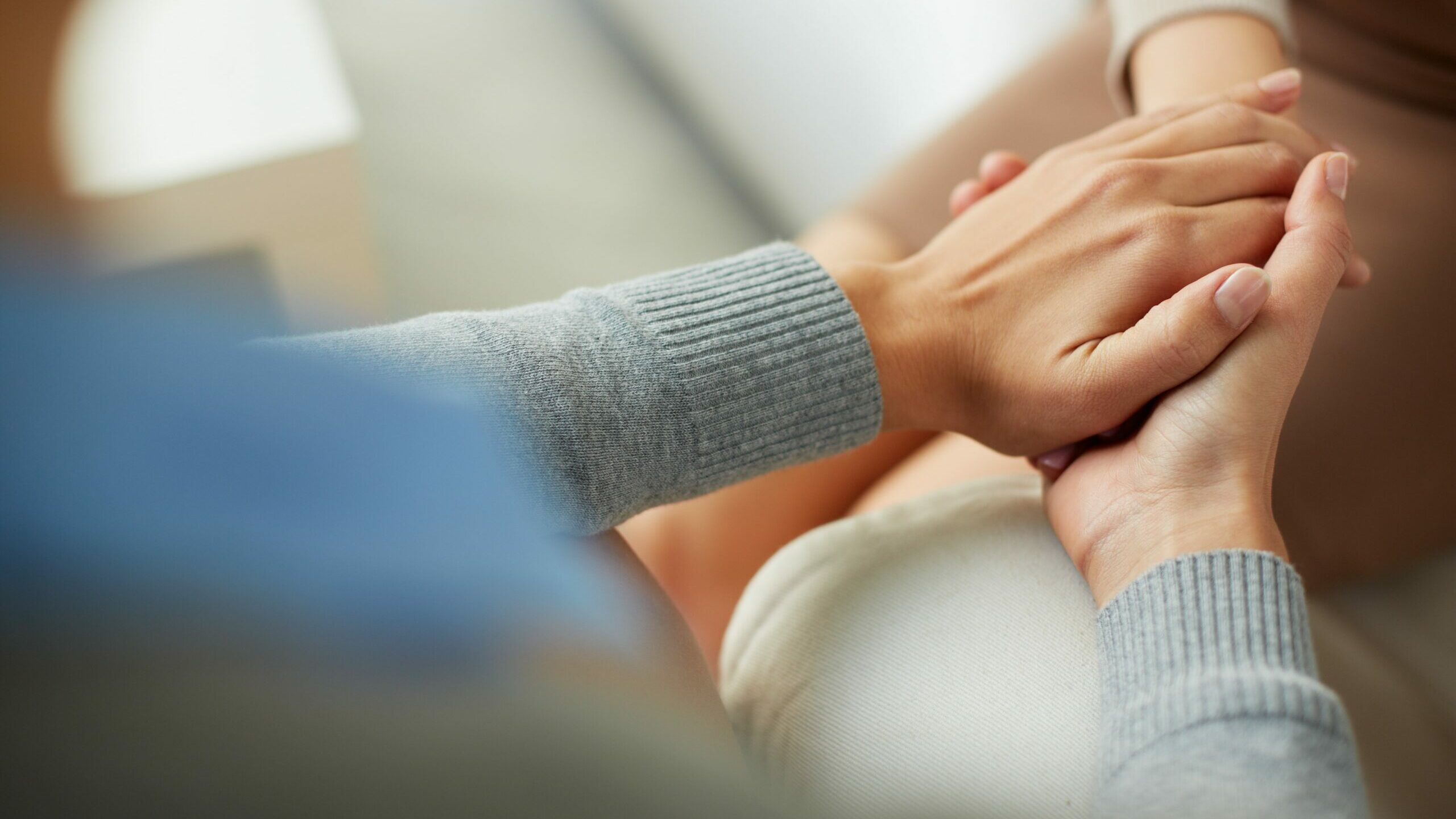
All through treatment, I stayed active. I cycle a lot, and even took part a 75-mile sportive during my treatment. I was worried about riding a road bike with a hard saddle in case it aggravated the prostate, but I asked Sister Julia and she assured me this would not be a problem. She encouraged me to keep as active as possible and I think that was the best advice I had through the whole process.
The combination of radiotherapy, Casodex and Zoladex made me feel tired and sometimes depressed, but this improved once the radiotherapy was over. I’d spoken to Sister Lisa who reassured me, saying “at least you know this is just the effect of the drugs- just let it go and it will stop once you are off the drugs.”
I’ve also signed up for the Stampede Trial and a trial into the BRCA gene with Birmingham Women’s Hospital. I’ve just signed up for a third one with University College London. So, I’m bearing my soul to a lot of people!
There’s a long history of breast and prostate cancer in our family but cancer was always talked about in hushed tones. I have recently tried to find out more about previous generations but it’s difficult- you have to be gently persistent. Once you get older aunts and uncles talking, it is fascinating what comes out. Family history and gene patterns can be really important in understanding some types of cancers.
The last time I was in I had a debrief on my treatment and Dr Srihari was pleased with my condition. The radiotherapy was successful and my PSA levels are now as low as possible. I’ll be monitored and be on Zoladex for three years just in case some cells had been missed. I was told I would feel the effects of treatment during the last two weeks, and for some time afterwards, and that is true. I needed to be close to a toilet first thing in the morning and think about toilet stops between my home in Shifnal and the hospital. You don’t have the strength and stamina that you usually have, but regular exercise does help to build this back up. I’ve still got a bit of a spare tire and some water retention in my thighs and the hot flushes are a pest but if that’s the price I’m paying then I’m really doing quite well. Six months on I have my strength and stamina back and will do a hilly 66 mile sponsored cycle ride for Lingen Davies in May.
Cancer does affect your outlook on life. I’m aware of my own mortality but you just have to crack on and enjoy your life. It’s interesting how some people dismiss prostate cancer as it’s seen as not serious. That doesn’t mean you can ignore it though- that’s a silly thing to do. I do want to emphasise the positives- treatment is largely successful and the people there to support you are really fantastic. You may think it odd that I miss my visits to the centre but the L-D staff really are that good
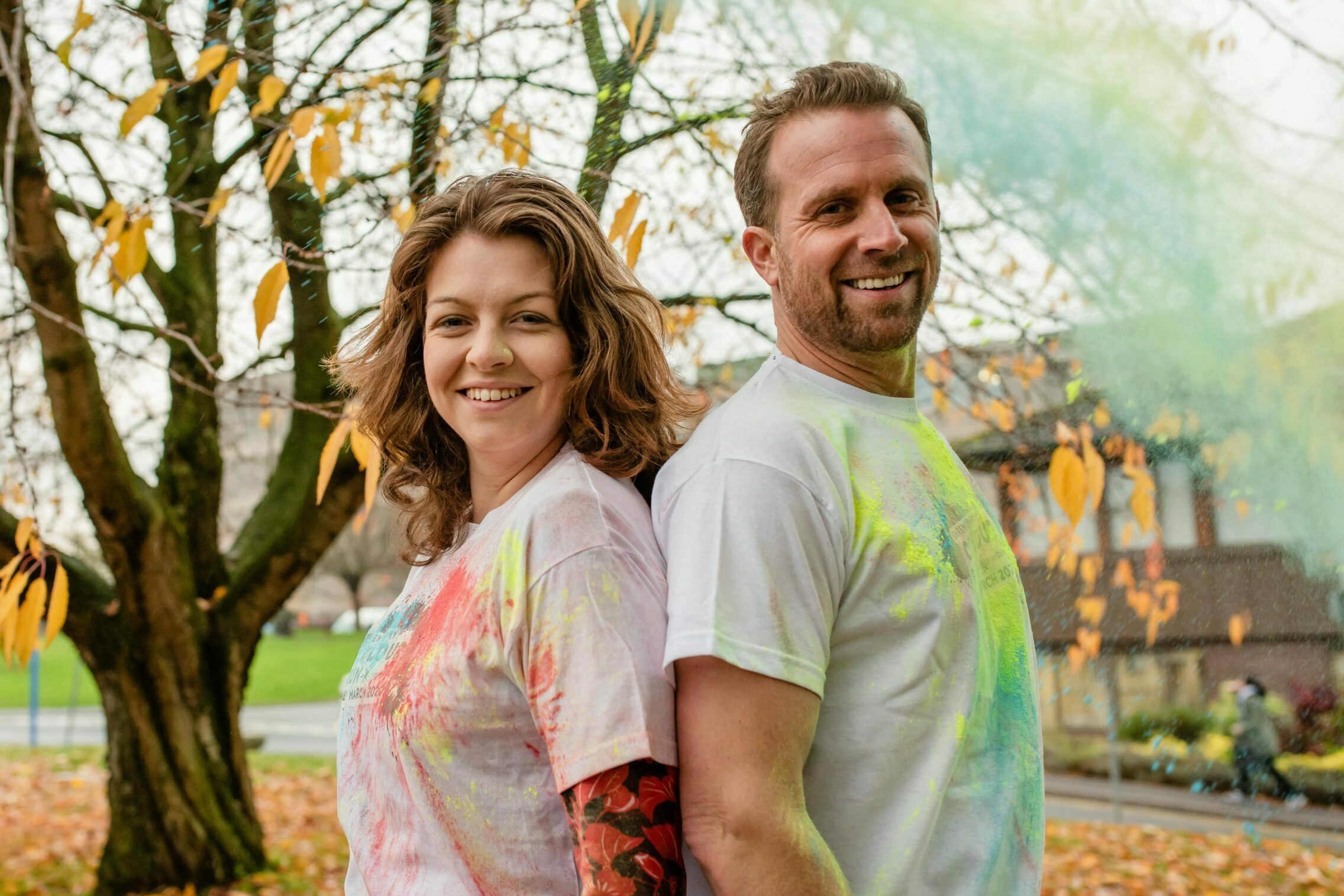
*Normal PSA levels vary, but For men in their 50s, a PSA level of up to 3 nanograms per millilitre of blood (3ng/ml) is generally considered normal. For men in their 60s, a PSA level of up to 4ng/ml. For men in their 70s, a PSA level of up to 5ng/ml. There are no PSA level limits for men aged 80 and over.
The Gleason Score is a measure of how aggressive someone’s prostate cancer is, i.e. how likely it is to spread outside of the prostate gland.
Casodex is the brand name for Bicalutamide; a type of hormone drug called an anti androgen. It stops testosterone from reaching the cancer cells, which can slow the growth of a cancer and may shrink it.
Zoladex is the brand name for Goserelin; a type of hormone therapy called a luteinising hormone (LH) blocker. It stops the release of luteinising hormone from the pituitary gland. In women, this stops the ovaries from producing oestrogen. In men, it stops the testicles producing testosterone.
Many people find it useful to speak to others who are going through the same things as them. There are a range of support groups in our area, some focusing on specific cancers and other more generally.
